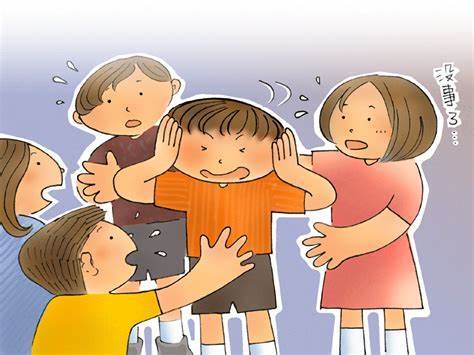During the growth process of children, parents always witness each of their progress with high expectations. However, when a previously lively and adorable child suddenly becomes taciturn or even completely loses their language ability, it undoubtedly brings immense shock and confusion to the family. This sudden change is highly likely to be a sign of regression-type autism (also known as regressive autism).
Definition of regression-type autism
Regression-type autism is a special type of autism spectrum disorder. These children typically develop normally in the first year after birth and even excel in certain aspects, such as rapid development of language and social skills. However, within a period of 15 to 30 months, they begin to gradually lose the skills they had previously mastered, particularly in language and social abilities, showing significant regression. This regression is often sudden, catching parents off guard.
Symptoms of regression-type autism
The symptoms of regression-type autism are varied but mainly focus on the following aspects:
Language function regression: Children may suddenly stop speaking, no longer use the vocabulary they have learned, or even completely lose their language ability. They may reduce or stop attempts to communicate verbally with others, and their response to sound may become dulled.
Loss of social skills: Children may lose basic social skills such as eye contact, joint attention, and social smiling. They may no longer show interest or interact with family members or peers, displaying avoidance or disinterest in affectionate behaviors.
Repetitive and stereotyped behaviors: Children may begin to exhibit repetitive and stereotyped behaviors, such as rocking, clapping, or fixating on a particular object. Their interest in certain toys or objects becomes unusually intense, while they lose interest in other activities.
Emotional and behavioral issues: Children may experience symptoms such as emotional instability, impulsive aggression, or self-injury. They may find it difficult to control their emotions and show excessive sensitivity or extreme indifference to changes in their surroundings.
Causes of regression-type autism
The causes of regression-type autism are not yet fully understood, but both genetic and environmental factors may play a role. Some genes may increase the risk of developing regression-type autism, while adverse factors during pregnancy and perinatal periods, such as infections, immune abnormalities, and medications, may negatively impact brain development, leading to the occurrence of regression-type autism.
Response and intervention
In the face of regression-type autism, parents should remain calm and patient, and seek help from professional medical institutions promptly. Early intervention is crucial for the treatment of regression-type autism. Through behavioral intervention, medication, and physical therapy, children can be helped to some extent in restoring their language and social skills. At the same time, the support and companionship of parents are also an indispensable force in the child’s recovery process.
[If there is any infringement, contact for deletion].


